Overview
Click on the tabs to learn more. Hint! Some tabs may be hidden. Click on the right green arrow to scroll.
Introduction to Human Services
There is a high demand for professionally trained human service professionals. The Human Services degree was developed by MCC and area service providers to meet that demand. This program will provide you with the skills and competencies necessary to offer appropriate care and support to clients and to continue to grow personally and professionally.
Graduates work in the areas of developmental disabilities, mental health, child and family services, homelessness, acquired brain injury and others, including the spectrum of services for substance use disorders (from prevention, through intervention, treatment and recovery).
Degree & Certificate Options
The Human Services program offers the the following Associate of Science (A.S.) degree:
DEGREES
- Human Services, (A.S.)
CERTIFICATES
The program also offers a number a certificates, with a range of human services fields to choose from:
Curriculum
NOTE – If you are planning to earn more than one Human Services certificate please speak with an advisor first. You may find it more beneficial to enroll in the Human Services Associate of Science degree program instead.
Admissions Requirements
Applicants for admission to the Human Services degree program must comply with general college admission requirements and must also provide a High School transcript or participate in an interview with an MCC Admissions Counselor. There are no other specific program admissions requirements.
Technical Standards
Technical Standards are guidance tools to inform applicants of skills and standards necessary for successful completion of Human Services programs. If you have any concerns or questions, please contact the Department Chair to discuss your individual circumstance.
Students in the Human Services programs must be able to:
- Demonstrate sufficient verbal skills and language to collaborate with a wide variety of professionals in clinical, societal and professional areas
- Demonstrate necessary skills to deliver accurate and required information and to search for information
- Formulate written assessment, charting notes and reports, etc.
- Concentrate on the execution of treatment plans, assigned skills and tasks, as well as the integration and communication of this work for both short and long term periods of time
- Work in settings that may lend themselves to frequent interruptions, immediate crisis response, and role responsibility exchange
- Cope with a variety of stressors, including people-place occurrences, and demonstrate safe and required care for individuals and the workplace as a whole
- Secure transportation to internship sites and classes
- Demonstrate and maintain organizational skills, time management, professional respect and conduct as a human services student, either at an internship site or in the community
In addition to the standards above, you should be prepared to adhere to professional ethics that include, but are not limited to:
- Maintaining confidentiality
- Recognition and maintenance of professional boundaries
- Adherence to the legal and site placement policies and procedures
- The ability to follow directions and accept supervision
The inability to demonstrate all of the above may cause a student to be refused admittance to the program or to be dismissed from the program. If students are concerned regarding their status, they should meet with their academic advisor.
Program Standards
- Students in internships, service learning and clinical experiences must demonstrate sufficient emotional stability to withstand the stresses, uncertainties and changing circumstances that characterize patient/client care responsibilities.
- You will be expected to have the emotional stability required to exercise sound judgment, accept direction and guidance from a supervisor or faculty member, and establish rapport and maintain sensitive interpersonal relationships with employees, other related service providers, and patients/clients and their families.
- Human Services students are expected to work closely with individuals of all ages in the field.
- Most internship sites and potential employers will perform background checks through the NH Department of Safety as well as police and potential FBI checks. Your driving record will be examined and considered prior to acceptance of some internship and employment opportunities. (You must be willing to participate in, and may be responsible to pay for, these background checks, etc.)
- Applicants who have been in difficulty with the law, depending upon the nature of the problem, may not be employable or even eligible for internships. Please discuss these issues in an interview or meeting, so that future goals will not be compromised.
- MCC’s Human Services programs follow the accepted national sobriety standard that recommends a minimum of two full years of sobriety for any prospective trainee in the field of alcohol and other drug use services.
- Most internship sites and potential employers will also require physical health examinations, including TB testing. (You must be willing to participate in, and may be responsible to pay for, this testing.)
Curriculum: Required Courses
Students must take a minimum of three 200-level Human Services courses at MCC to meet residency requirements.
For the Human Services Technical Elective – Choose from: HSV205M, HSV206M, HSV208M, HSV210M, HSV213M, PSYC215M, or PSYC217M
Course Sequencing
Degree Program – First Year
ENGL110XM or ENGL110M
Total Credits: 4
Human Services Technical Elective
Total Credits: 3
MATH145M or MATH145XM
Total Credits: 4 – 4
Degree Program – Second Year
Human Services Technical Elective
Total Credits: 3
Human Services Technical Elective
Total Credits: 3
Foreign Language/Humanities/Fine Arts Elective
Total Credits: 3
Foreign Language/Humanities Elective/Fine Arts Elective:
- Fine Arts Elective: any course with the academic subject code of ARTS and GDES114M, GDES115M GDES155M.
- Foreign Language Elective: ASL110M, ASL120M, FREN110M, SPAN110M, SPAN120M
- Humanities Elective: includes any course with the academic subject code of HUMA or PHIL as well as the following: HIST120M, HIST130M, ENGL113M, ENGL200M, ENGL200AM, ENGL201M, ENGL203M, ENGL204M, ENGL207M, ENGL208M, ENGL209M, ENGL210M, ENGL213M, ENGL214M, ENGL218M, ENGL220M, ENGL224M, ENGL227M, ENGL228M, ENGL229M, ENGL235M, ENGL248M, ENGL258M, ENGL288M
Outcomes
Employment Opportunities
Grads of this program will be qualified for jobs including:
- Advocate
- Case Manager
- Child and Family Services Worker
- Direct Support Worker
- Mental Health Support Worker
- Recovery Support Worker
- Veterans Service Worker
Potential Salary
There are a wide range of jobs in the human services industry. See below for the average annual salary range in central NH for a Human Service Assistant.
| ENTRY-LEVEL | MID-RANGE | EXPERIENCED |
| $33,622 | $40,490 | $54,542 |
*Career Coach 2024
Outgoing Transfer Opportunities
Students in the Behavioral Science degree can successfully transfer to colleges and universities around the country, including the following:
- UNH Manchester
- Southern NH University
- UNH College of Professional Studies
- Keene State College
- Plymouth State University
- Rivier University
- University of New Hampshire
- …and many more!
Certificates
There are several certificates available through the Human Services program at MCC. This is an introductory list of certificates with general information and quicklinks to direct you to each certificate page to view curriculum and other details.
Child and Family Support Worker Certificate
If you have a desire to work with children and their families, the Child and Family Support Worker certificate is a great choice. It was created in response to a growing need for Human Service workers who are trained in working with young children and their families, who have experienced trauma.
Direct Support Services Certificate
The Direct Support Services certificate prepares you for an entry-level job working in a variety of human services subfields, including developmental disabilities, mental health, and child and family services.
Mental Health Support Worker Certificate
Learn the skills needed to work in an entry-level position at agencies that support individuals diagnosed with mental health disorders. In addition to entry-level jobs, this certificate is also geared toward those working in the field with an interest in training in mental health.
Recovery Support Certificate
The Recovery Support Worker certificate will provide you with the education, skills and competencies necessary to work with individuals in recovery from substance use disorders. This will prepare you for certification as a Recovery Support Worker (CRSW) through the International Certification and Reciprocity Consortium (IC&RC) as endorsed by the State of New Hampshire.
Substance Misuse Prevention Certificate
The Substance Misuse Prevention Certificate will provide you with the educational background needed to work in the substance abuse field. The coursework will prepare you to work as a professional in the field of prevention.



